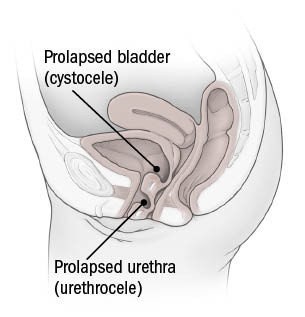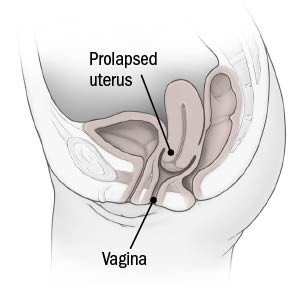Your baby has come after 40 weeks of doctor appointments, nursery preparation, and anticipation. You think she's wonderful, healthy, and cute. Over the next few weeks, your excitement is replaced with anxiety: Is she eating enough? Whoa, why does she cry? Is she ill? These concerns follow you around all day and night. You're right, irritated, and anxious. Your loved ones start to worry about you, not just the baby. You wonder if your stress is typical.
Baby blues, ptd, or pta? (postpartum depression, or postpartum anxiety).
You've probably heard of baby blues or postpartum depression. During your postpartum medical appointment, you may have been asked about your mood. Hormone levels drop after birth, causing feelings of sadness, weeping, and overwhelm. These symptoms are minor and only last a few weeks. It's possible that something else is causing the symptoms.
Symptoms of PPD and anxiety (such as poor sleep, trouble relaxing, and irritability). Some women have prenatal and postnatal anxiety, but only a small percentage of those parents experience postpartum depression. Postpartum depression can make it challenging for women to respond to treatments like interpersonal psychotherapy or prescription antidepressants like bupropion (Wellbutrin).
Momentary bouts of postpartum anxiety, like with postpartum depression, might be related to hormone fluctuations. It may also rise in reaction to actual pressures, such as the baby's health, money, or negotiating new responsibilities in relationships. If a woman has experienced pregnancy loss (miscarriage or stillbirth) this can enhance her chances of having postpartum anxiety. Anxiety symptoms may recur after birth if you had anxiety before or during pregnancy. Hormonal changes can cause anxiety and sadness after weaning.
Postpartum panic episodes or OCD symptoms are common. Fear, dread, panic, shortness of breath, and dizziness are among the signs of panic attacks. Unwanted thoughts and compulsions, or deliberate actions to ease discomfort, are called obsessions. Unsettling symptoms for new mothers, especially when they entail hurting the child. Fortunately, obsessions caused by anxiety disorders seldom cause harm to newborns.























